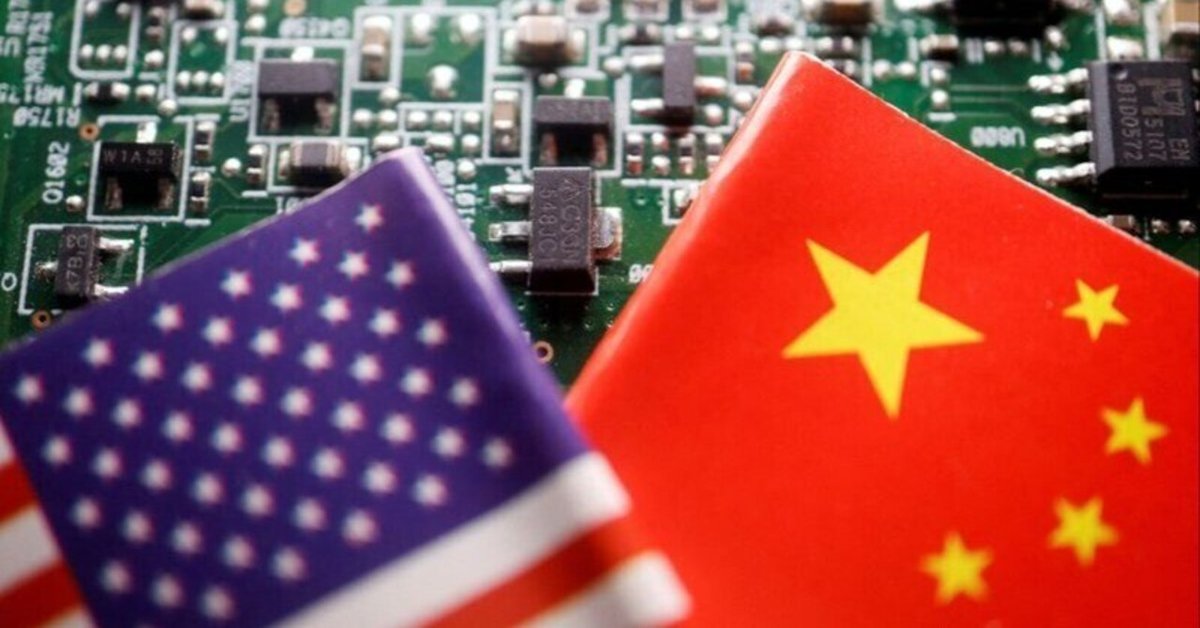
米、対中半導体規制を強化 関連140社に輸出制限も日本は免除
本文
米国は、中国の半導体産業への取り締まりを強化し、3年間で3度目の規制を発表しました。この規制では、半導体装置メーカーの北方華創科技集団(ナウラ・テクノロジー・グループ)を含む140社以上が対象となり、これらの企業への輸出が制限されます。米商務長官は、中国が半導体技術を軍事最新鋭化に利用するのを防ぐことが目的だと説明しました。また、規制は人工知能(AI)訓練に必要な広帯域メモリー(HBM)の輸出制限や、シンガポールやマレーシア製半導体装置にも適用されます。ラムリサーチ、KLA、アプライド・マテリアルズ、オランダのASMインターナショナルなど、米国外の企業も影響を受ける可能性があります。
新たな規制により、中国企業20数社、投資会社2社、半導体製造ツールメーカー100社以上が「エンティティーリスト」に追加され、米国サプライヤーが特別な許可なしにこれら企業に製品を出荷することが禁じられます。一方で、オランダと日本は一部免除措置が取られており、オランダ政府は規制内容を精査中と述べています。
中国側は、この規制を「経済的威圧」と非難し、自国企業の権利を守るための措置を講じるとしています。中国外務省は、米国の対応が国際経済秩序やサプライチェーンを混乱させると批判しました。また、米国は中国の半導体大手SMICにも追加制限を課す予定です。
今回の規制強化は、中国の最先端半導体製造計画への打撃を狙っており、米国の安全保障上の懸念と技術覇権争いが背景にあると考えられます。この動きはグローバルなサプライチェーンや半導体産業に多大な影響を及ぼす可能性があります。
English
The United States has intensified its restrictions on China’s semiconductor industry, announcing its third regulatory measure in three years. These new restrictions target over 140 companies, including the semiconductor equipment manufacturer Naura Technology Group, prohibiting exports to these entities. U.S. Commerce Secretary stated that the purpose of the measures is to prevent China from leveraging semiconductor technology to enhance its military capabilities. The regulations also cover restrictions on the export of High Bandwidth Memory (HBM), essential for artificial intelligence (AI) training, as well as semiconductor manufacturing equipment produced in countries like Singapore and Malaysia. Companies outside the U.S., such as Lam Research, KLA, Applied Materials, and the Netherlands-based ASM International, are also expected to face potential impacts.
The new measures add over 20 Chinese companies, two investment firms, and more than 100 semiconductor tool manufacturers to the Entity List, effectively banning U.S. suppliers from exporting products to them without special approval. Meanwhile, partial exemptions have been granted to the Netherlands and Japan, with the Dutch government currently reviewing the specifics of the regulations.
China has criticized these measures as "economic coercion" and pledged to take steps to protect the rights of its domestic companies. The Chinese Foreign Ministry argued that the U.S. actions disrupt international economic order and supply chains. Additionally, the U.S. plans to impose further restrictions on SMIC, China’s leading semiconductor foundry.
The strengthened regulations are aimed at undermining China’s advanced semiconductor manufacturing plans, reflecting U.S. national security concerns and a broader struggle for technological dominance. This move is expected to have significant ramifications for global supply chains and the semiconductor industry.
